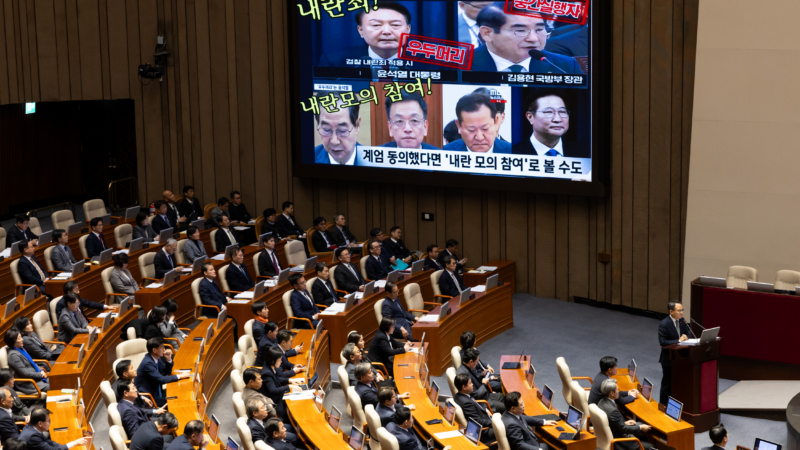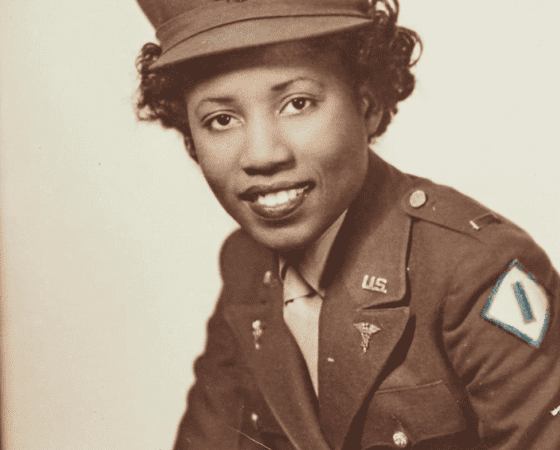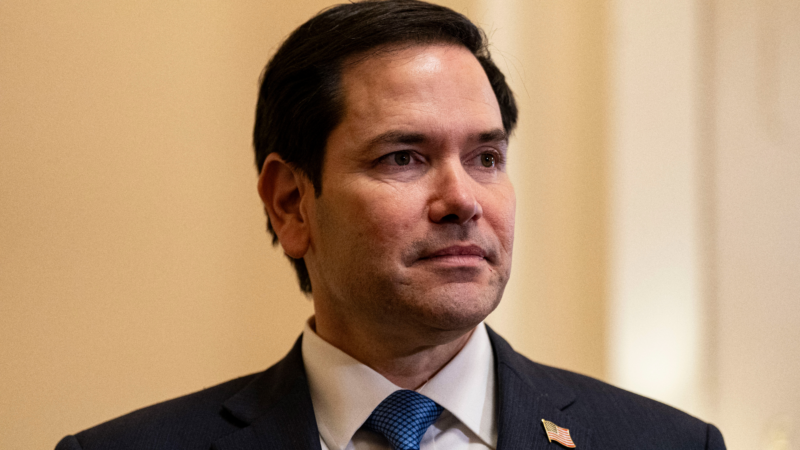In South Korea, insurrection charges are closing in on the president
SEOUL, South Korea — Investigations into insurrection charges are closing in on the South Korean president, who briefly declared martial law last week and shattered the country’s sense of stability.
Police, prosecutors and the Corruption Investigation Office for High-ranking Officials (CIO) have deemed President Yoon Suk Yeol as a suspect in an unusual investigation into a sitting president for possible insurrection charges.
Yoon has not publicly commented on the charges. South Korean presidents cannot be prosecuted while in office, but crimes of insurrection and treason are exceptions, according to the Constitution.
Yoon has been placed under a travel ban
The Justice Ministry placed Yoon under a travel ban earlier this week.
On Wednesday, South Korean police raided Yoon’s office to search for evidence. The Presidential Security Service, however, blocked the investigators’ entry.
The chief prosecutor of the CIO told the parliament that the agency will attempt to arrest President Yoon “when circumstances allow.”
Investigations into key government and military figures accused of enforcing martial law are picking up pace.
A special police investigation team on Wednesday arrested the chief of the National Police Agency and the head of the Seoul Metropolitan Police Agency for charges of insurrection. They are suspected of stopping lawmakers from entering the parliament following the martial law declaration.
Former defense minister attempted suicide
Prosecutors earlier arrested former Defense Minister Kim Yong-hyun, who is suspected to have led martial law implementation while in his post. He has since resigned.
On Wednesday, the chief of Korea Correctional Service said at the parliament that Kim attempted suicide the night before but remains in a stable condition.
The prosecution accuses Kim of “conspiring” with the president to subvert the Constitution in a riot, according to local media reports.
At emergency parliamentary sessions throughout the past week, military and intelligence officials who were mobilized to enforce martial law have made incriminating assertions against the former defense minister and the president.

The president ordered the army to “break down the door” and drag lawmakers out, a commander says
Kwak Jong-keun, commander of the Army Special Warfare Command, who is now suspended from his duties, said the then minister had ordered him to secure control over the National Assembly, the National Election Commission, the main opposition Democratic Party’s headquarters and a media company.
While his troops dispatched to the legislature were trying to enter the assembly hall, Kwak argued, Yoon called Kwak and told him to “break down the door” and “drag people out” so that the National Assembly would not have enough lawmakers to overturn martial law declaration.
Kwak said he disobeyed the order. The National Assembly successfully voted to invalidate martial law.
Another allegation from the former deputy chief of the National Intelligence Service, Hong Jang-won, who left his job days after the martial law debacle, also suggests the president played a direct role in ordering use of force against political opponents. Hong told lawmakers last week that Yoon called him shortly after the televised declaration of martial law and told him to “round them all up,” according to opposition lawmaker Kim Byung-kee, who had a closed meeting with Hong at the parliament.
Protesters continue to demand Yoon’s resignation
Despite the allegations and large protests erupting nationwide daily, President Yoon has refused calls to resign.
He apologized for causing “anxiety and inconvenience” in a brief address to the nation on Saturday and vowed not to avoid “issues of legal and political responsibility,” without elaborating. He has not made any public appearance or statement since, nor has his office responded to the allegations made at the parliament.
An impeachment motion failed last Saturday as ruling party lawmakers boycotted the vote.
But five lawmakers with the governing party have since publicly announced their support for impeaching the president. The opposition Democratic Party said it plans to file a second impeachment motion on Thursday and put it to a vote on Saturday.
First Black woman to serve in the U.S. Army Nurse Corps after desegregation dies
Nancy Leftenant-Colon, who became the first Black nurse in the U.S. Army Air Corps after President Harry S. Truman desegregated it in 1948, has died at age 104.
On Apache lands, progress in a long war against ticks and the disease they spread
Rocky Mountain Spotted Fever, the deadliest tick-borne disease in the U.S., is a big problem on tribal lands in the Southwest. A community-led response on Apache lands in Arizona is helping save lives.
Trump’s Cabinet pick for secretary of state is Marco Rubio. Here’s what to know
Among President-elect Donald Trump's Cabinet picks, secretary of state nominee Marco Rubio may face the easiest confirmation process.
Lower nicotine requirements in cigarettes could be coming soon
The FDA is expected to propose a new rule Wednesday that would mean cigarettes have lower nicotine limits to make them less addictive.
Show up to your next book club meeting with these 12 reading recommendations
Sometimes you finish a book and just have to talk about it with someone else. If your book club is looking for its next conversation-sparking title we have a dozen for you!
What a physician taught Kimberly Godsey when she was a nurse-in-training
When Kimberly Godsey was training to become a nurse practitioner, a physician taught her how to deliver painful news with compassion. Years later, his lesson showed up in her own life.







